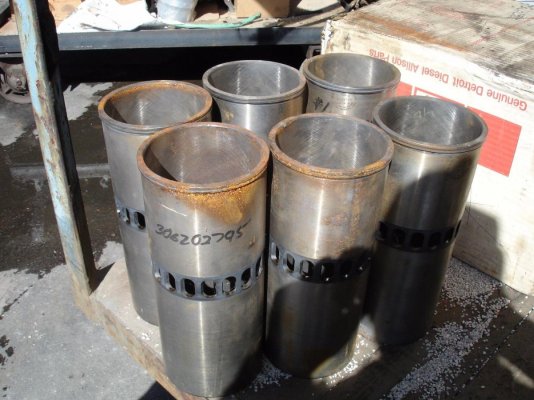f508
Senior Member
I friend of mine that runs some diesel trucks at work swears by a dual filter bypass system.
It sounds like it consists of a fitting and a couple of hoses where the oil filter normally goes and the oil transits a more elaborate filtration process externally and then is returned to the engine.
He says he gets much longer intervals between oil changes, and his oil never looks black. I am pretty sure the filter gauge is much finer than the normal FRAM filters I usually see fitted.
A search for bypass oil filter system Lehman didn't turn anything up, so I am wondering.
Thanks,
Frank
It sounds like it consists of a fitting and a couple of hoses where the oil filter normally goes and the oil transits a more elaborate filtration process externally and then is returned to the engine.
He says he gets much longer intervals between oil changes, and his oil never looks black. I am pretty sure the filter gauge is much finer than the normal FRAM filters I usually see fitted.
A search for bypass oil filter system Lehman didn't turn anything up, so I am wondering.
Thanks,
Frank



